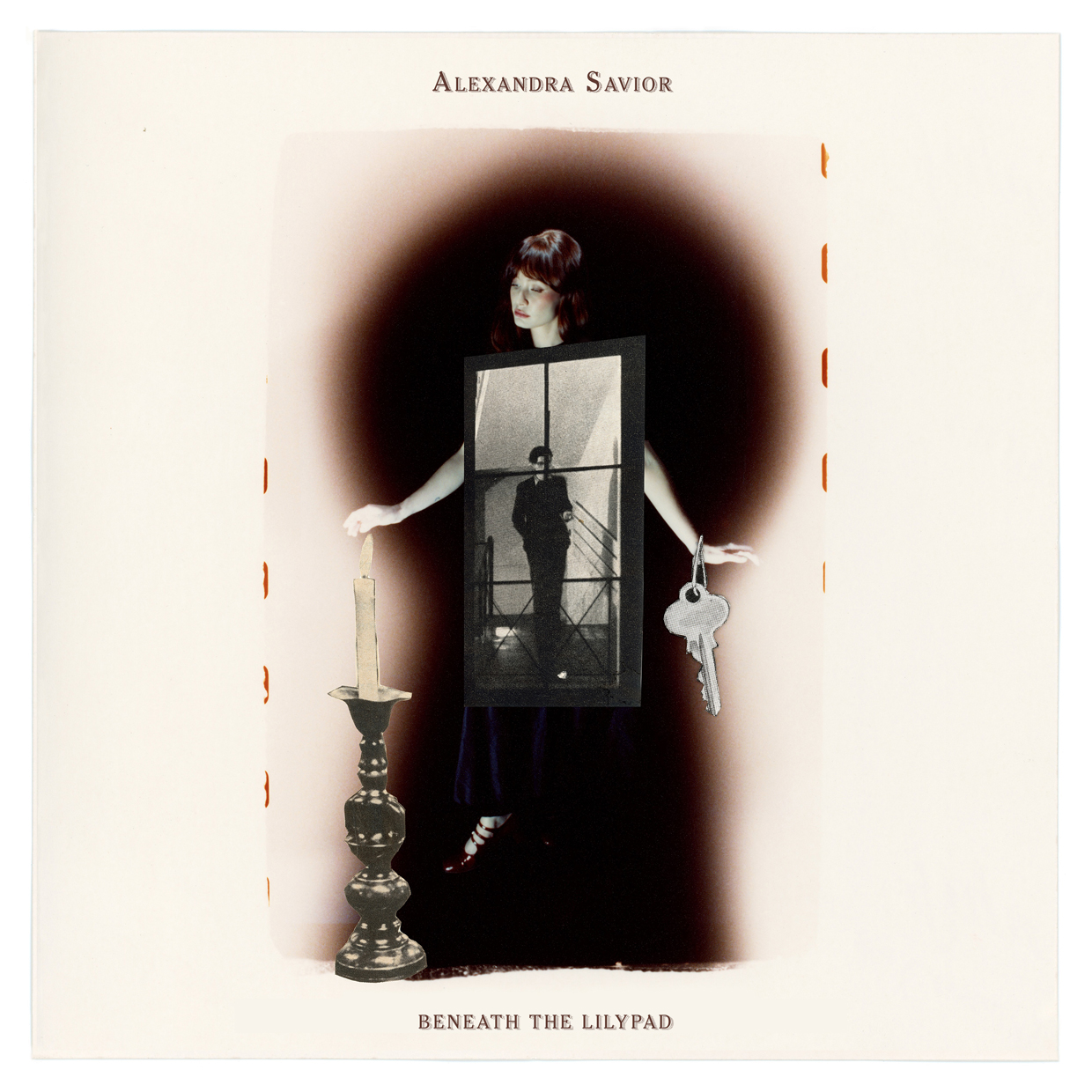
Alexandra Savior
Courtesy Photo
Alexandra Savior has considered leaving the music industry many times. Having started her musical career early – signing to Columbia Records at 17 and releasing her debut album Belladona of Sadness by the age of 19 – she’s had plenty of ups and downs all before the age of 30. She’s played in bars she was too young to be in, worked with well-known musicians including Danger Mouse and the Arctic Monkeys’ Alex Turner, and released an independent album after she was dropped by her major label.
“It’s really a fight to try and survive in this industry,” Savior says. “I always wanted to go back to school just because I am the happiest when I am learning. After my first album, I was pretty ready to be done.”
Without a label or management, she moved back to the Pacific Northwest, and considers it a miracle her second album (2020’s Archer) even happened. “Throughout my life, I’ve felt that I wanted to go towards something else that would be easier, but it never happens,” she tells Billboard. “I always feel like I need to make another album anyways.”
Now onto her third album, Savior is making a point to separate herself from her previous work and create music on her own terms. Beneath the Lilypad (out today, May 16, via RCA Records) is self-produced by Savior, alongside her partner and producer Drew Erickson, and delivers an intimacy not found in her previous two albums. Started during the height of the pandemic, Savior says her sound became a lot more tender, soft and quiet.

Alexandra Savior
Courtesy Photo
“I wasn’t thinking of how it would be perceived as much,” she says. “Because I was doing this on my own and literally on my own every hour of the day like the rest of us, it gave me a lot of freedom to let go of any sort of outside pressure. And not having a label, it made me feel more free to express myself.”
She kicks off Lilypad with the deceptively cheerful “Unforgivable,” which alludes to her mistreatment earlier in her career. In her signature voice that harkens back to Hollywood starlets of the 1950s, she sings, “When I get the chance, I’ll muster up some recklessness” and “I’ll use the knife that you once held/ And when it’s time to pay, I’ll send the invoice right your way.”
Savior has called the track a “mantra” to help her and other women who have been mistreated to stop blaming herself. The opening track sets the tone for her new 11-song collection, which sees the seasoned musician tackle the preservation of her mental health and find her unique sound all on her own.
Below, Savior dives deeper into Lilypad, and getting past the pressures of her early years in the industry.
The first track on the album is “Unforgivable,” which is about telling off someone in the industry who wronged you in the past. As a launch into the album, it feels like “let me address this, so we can move onto my album.”
Yeah, absolutely. It’s funny because it’s actually the last song that I wrote for the album. It felt like I was taking a step and trying to make a statement about wanting to have control over my own autonomy, of my own work and of myself as a woman that I don’t think I have had in the past. So, I wanted it to be at the forefront of this album.
You were a teenager when you first started in the music industry — and that’s a lot of pressure for a teen. Do you feel you’ve been able to shake any of the pressure by your third record?
Yeah, the expectation and the pressure I felt was like, “Find out who you are now so that we can market it and make money off of that.” I didn’t know who I was, because who knows when you’re that young. I had a lot of self-doubt within that experience and that was very confusing.
Beneath the Lilypad focuses a lot on your unmistakable voice and is more stripped down than your previous albums. Why did you scale back on that fuller sound?
That is because I felt a lot more confident with myself this time around. Before I felt like I needed to use that wall of sound to mask my insecurities about myself as a songwriter or a singer or a musician. I didn’t feel that way this time. I actually wanted to get rid of all of that and try to be vulnerable. That was definitely intentional.
On this album there are a lot of references to outer space like “Mothership” and “Venus,” what do you feel is your connection to the interstellar?
Well, first of all, I like conspiracy theories and UFOs and parallel universes and all of that. I feel connected to the universe and I think it’s a magical thing to think about, like how we are all made out of the same stuff and how does all of this affect us. You know, classic stoner thoughts. I don’t smoke weed, but I have a lot of stoner thoughts.
Another big theme on this album is mental health and how you are navigating that.
It is everything about what I write. I felt like it was impossible for me to not talk about ti with this album in particular because my songwriting comes from my mental illness. It’s a way for me to digest the experiences that I have within that and reflect on them. When I am in psychosis or mania or depression, I don’t have a clear perspective of what I’m experiencing.
So, to be in that space and write about my experience in a visceral way, instinctual way, it helps me be able to look back on that experience and understand myself more and understand my brain chemistry and what parts of it are me and what parts of it are just the perception that I have. Writing has been really helpful for that.
You created all of the art for this album including the cover art and the videos. How long have you been creating visual art?
I did the cover for the most recent single, “Mothership.” I did the album cover and then a lot of [my art] has been used within the merch and the videos. I’ve made stop motion videos for the songs. I’ve been doing [visual art] longer than I’ve been doing music. I started when I was 12. I took my first art class and that when I got my head kind of cracked open. I was immediately like, “This is what I have to do.”
You’re not thinking when you’re 12 how you are going to make a living when you’re 30, but I was painting and drawing predominantly. I was meant to go to art school. I had a dorm room picked out and everything. My mom was like, “You should probably try to make to make it with this, give it a few months and try to do this music thing.” So, now I have incorporated it into the music, because it’s fun.
Stay up to date on exciting projects and upcoming events from the Black Promoters Collective.

©2024 Black Promoters Collective (BPC) All Rights Reserved.